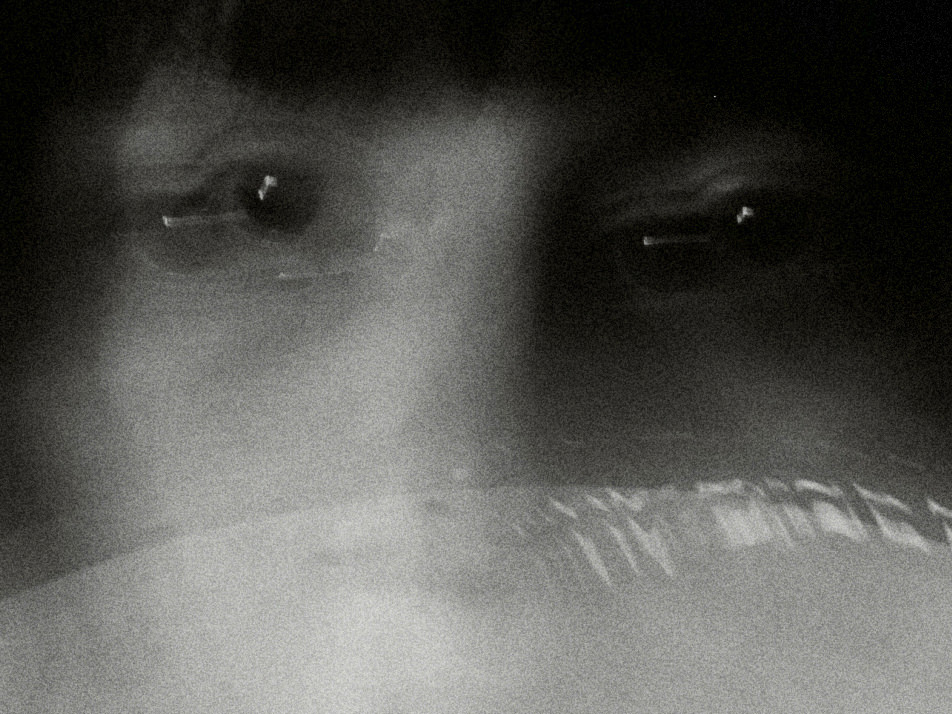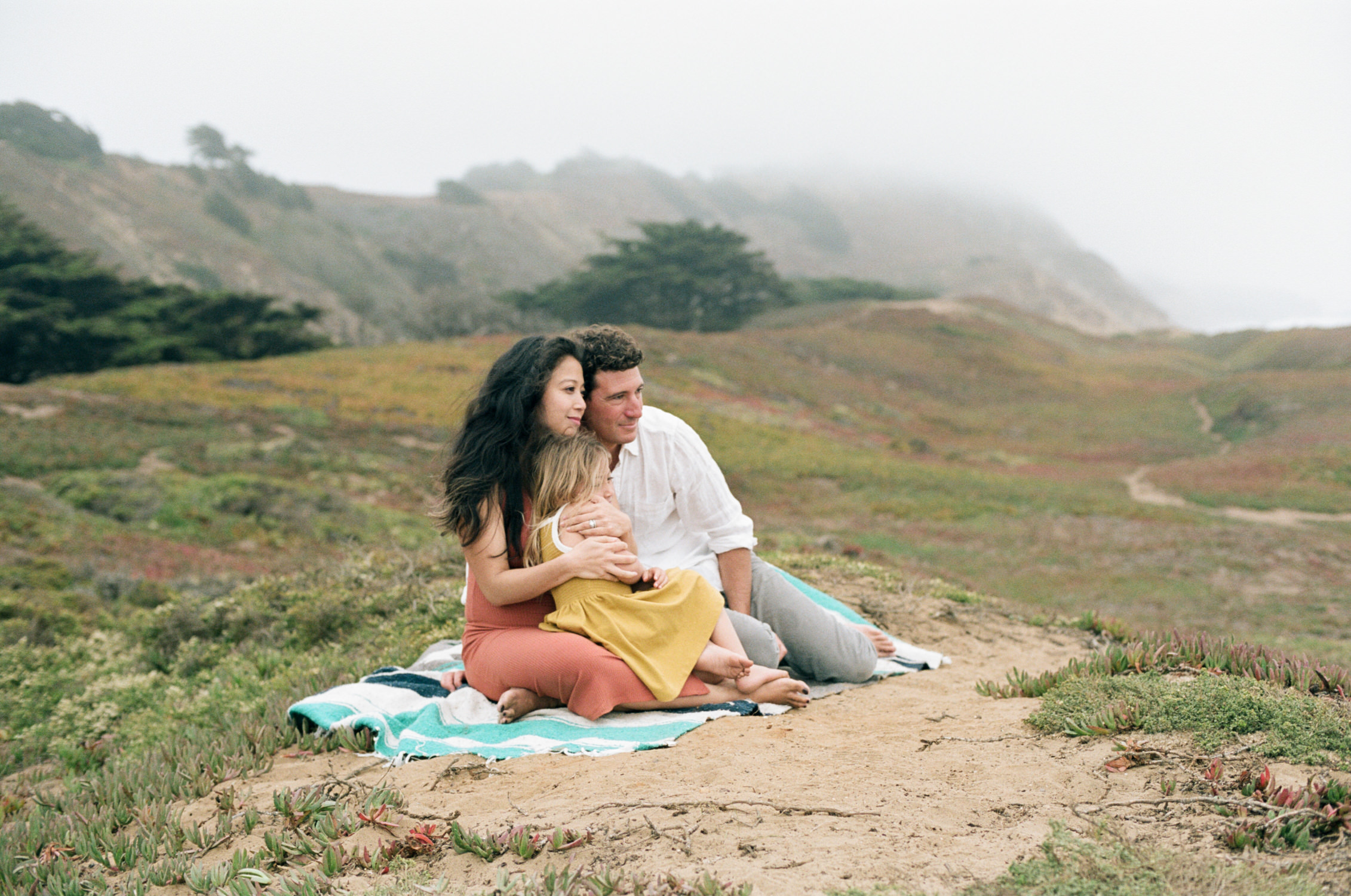
For Photographers
I’m gonna be real with you for a minute. I enjoy sharing and helping out others in the industry, I really do. That’s why I chose to do it. And I know many of you out there do as well. But it is super hurtful, frustrating, and discouraging when I find that many photographers are taking advantage of our openness, and profiting directly from our hard work by mis-use of inspiration and plagiarism. I’m referring both to copying inspiration too literally, and copying other’s writing, word for word.
I’ll start by pointing out the obvious: It isn’t just NOT NICE to copy, it’s ILLEGAL. Plagiarism is a felony under federal law in some circumstances, (if the plagiarist makes a profit higher than $2,500 with copied material, which for most is just booking one wedding. If that’s you, you’re looking at a potential of up to 10 years in jail and a $250,000 fine). Yes, I am mentioning the consequences to scare you away from plagiarizing, and I hope it works.
ITS FAR FROM FLATTERING
I’ve recently become aware of about *edit* 30-40 photographers who have copied, word for word, my Wedding Tips article, my bio, my FAQs, and other words from my website, for use in their own business. Let me remind you that you are profiting from my own hard work (also, let me remind you that nothing you put there remains hidden). And its hurtful, and frustrating. We (photographers who try to help the community by sharing) spend a lot of energy pouring our heart into our brand, our clients, and our words. We work really hard to create a personal brand, to stand out, to be unique, and to use words and concepts that speak to us personally, and hopefully speak to our ideal clients as well. And having another photographer steal our hard work isn’t flattering. Its frustrating.

OKAY, SO HOW CAN WE FIX IT?
Now, I’m not the type of person to write an article just to complain. I want to posit a solution, or at least try to put forth alternative routes. It might seem obvious that the clear solution is to stop copying others, but I think the problem comes down to photographers not knowing how to correctly use inspiration. Inspiration doesn’t mean copying. Inspiration means taking an aspect that speaks to you, and molding it to fit your own identity/art/purpose/brand/whatever word you want to use. Changing it to fit YOU. I see this everywhere, not just with words, but with photoshoot ideas, concepts, poses, etc. Yes, feel free to use my work/words/ideas/concepts/poses as inspiration, to evolve your own work into something YOU come up with. But please, don’t use my work/words/ideas/concepts/poses as a blueprint to follow for your next shoot/article/concept/rebrand. To be brutally honest, it makes us feel like poop when you do.

I understand that “every artist copies”, in one way or another. But there’s a big difference between gaining inspiration from other artists to make something that’s 20% borrowed, 80% you, and making something that’s 80% borrowed and 20% you. So here are 5 things I recommend you take into consideration before you bookmark that article or save that shoot to your mood board:
1. EXTRACT ONLY THE SINGLE THING THAT INSPIRES YOU
Figure out what you like about your inspiration (whether its an image, a shoot, an article, etc), but be specific. Write down the reason it draws you in, and leave it at that. If you’re taking inspiration from an image, don’t take the pose, and the concept, and the styling, and the mood, and the light, and the color palette. If you do, you’ll end up with a basic copy of the original, and that’s not cool. If you’re taking inspiration from an article, don’t write down every point made, but stick to the overall idea (maybe you just like the idea of making guidelines to help your clients, and that’s fine). Otherwise you’ll end up plagiarizing.
2. PUT IT AWAY
When it’s time to plan your shoot or write your words, put the inspiration away. You’ve already figured out what inspired you about it, so just put it away. Otherwise you’ll “accidentally” keep going back to the original and taking the inspiration too literally. Once you have someone else’s image or word choice stuck in your brain, it will be hard to derive your own.
3. START FROM SCRATCH
If you start planning your shoot or writing your words with the inspiration as your foundation, you’re already doing it wrong. Start from scratch. Put your own heart and brain into the foundation. Then take the idea you were inspired by and make it your own. THEN, after making it your own, insert it into your work. If you insert your inspiration into your work before making it your own, before changing it to fit you, then you’re already doing it wrong.
4. IF YOU’RE NOT SURE, ERR ON THE SIDE OF CAUTION
If you have to ask yourself, is this really my original content, then it probably isn’t. Try again.
5. DON’T LIMIT YOURSELF TO YOUR INDUSTRY
If you disregard everything I just said, at least pay attention to this one. If you’re overwhelmed by all of this, then just take your search for inspiration elsewhere. Don’t limit yourself to photography, but rather dive into other worlds. I’ve been inspired by things ranging from films, music, paintings, hikes, textures in nature, books, animals, ideas, emotions, relationships, psychology, organization, the list goes on. Find your own unique inspiration elsewhere. This is the best piece of advice I can give, from my own experience.
OK I’M DONE NOW
So if your website, social media, client material, portfolio content, or any aspect of your business is currently copied from someone else’s, please take it down immediately and spend some time creating your own. Put away the article that inspired you so you’re not tempted to use similar wording. Put away the mood board so you don’t start your shot list based on replicating it. And actually create something unique, that reflects you and only you. (It’s not enough to change just a few words, or change just a few elements in a photo). It won’t be easy, it might take several failed attempts (trust me, I’ve been there). But its 100% worth it.
If you have any thoughts on this, I’d love to hear them. My words are simply that, just my own thoughts on the matter. If you have ways that you keep yourself inspired, or different ways of gathering inspiration, feel free to share if you want! I rarely voice my opinions on matters like these, and it can be pretty scary to put this out there knowing I’m now vulnerable to criticism. But I’m open to it, and open to learning from you as well. Thanks for reading!
***********
Here are a few more thoughts I’ve gathered since initially writing this:
- When you’re sitting at your computer screen pondering whether or not you should copy something, I know it’s very hard to see a living human with feelings behind the computer screen. But please keep in mind, the words come from a human with thoughts and feelings. You’re hurting them.
- Even workshop leaders and teachers have fallen into the plagiarism trap. If that’s you, please do some introspection before launching your next workshop. We need honest, genuine leaders in our industry.
- Once people see you’ve copied someone, they’ll never look at you in the same light. Unless you’re sincere in your apology, and in your intentions to never do it again. Keep that in mind.
- I know this article won’t make but a tiny dent in the prevalence of plagiarism and copy-cats in our community (if any dent at all). But raising awareness is always helpful.
***********
NOTE: IF THIS HAS HAPPENED TO YOU:
If you find that someone has plagiarized your content, here are some steps you can take:
- Stay calm. It happens, and it’s not the end of the world. I know seeing your own words benefiting someone else, who stole them from you, really hurts. But it’s not personal, try not to make it personal.
- Take screenshots. I know it might sound silly, but if this does turn into a legal thing, you’ll want proof. Make sure the screenshots include the whole browser and show the website URL along with the plagiarized content.
- Contact them. That’s what I do before I take legal action. Either way they’ll have a chance to admit they were wrong and take it down, and I give them that one chance to do so before involving anyone else. I send an email that says something like, hey I see you have plagiarized content on your site on these pages, please take it down immediately and let me know as soon as you do, otherwise I’ll have my lawyer get in touch. I also kindly explain how it hurts the entire industry to plagiarize, and how I work hard to create original content and it’s just nice to copy it.
- After the initial email, 99% of the time they take it down. But if they don’t, or refuse to admit it was copied, or don’t respond at all, it’s time to involve a lawyer.
- Have a lawyer send a cease and desist. You can find an intellectual property lawyer that serves your area online, or try Connors & Brenke. They’re the people behind The Lawtog and they have great resources for these types of cases. I have had to send a cease and desist only once, because a videographer completely ignored my initial email and just password-protected the guide he had copied from me. After sending the C & D, he immediately took it down. Legal action is a big step to take, but it works.
- After these initial steps, if you’re still having issues, it’s time to do a consultation and see what further steps you need to take. Only a lawyer can help you with this, so be sure to talk to someone who has experience with this!
Share this post
Keep going down the rabbit hole:









